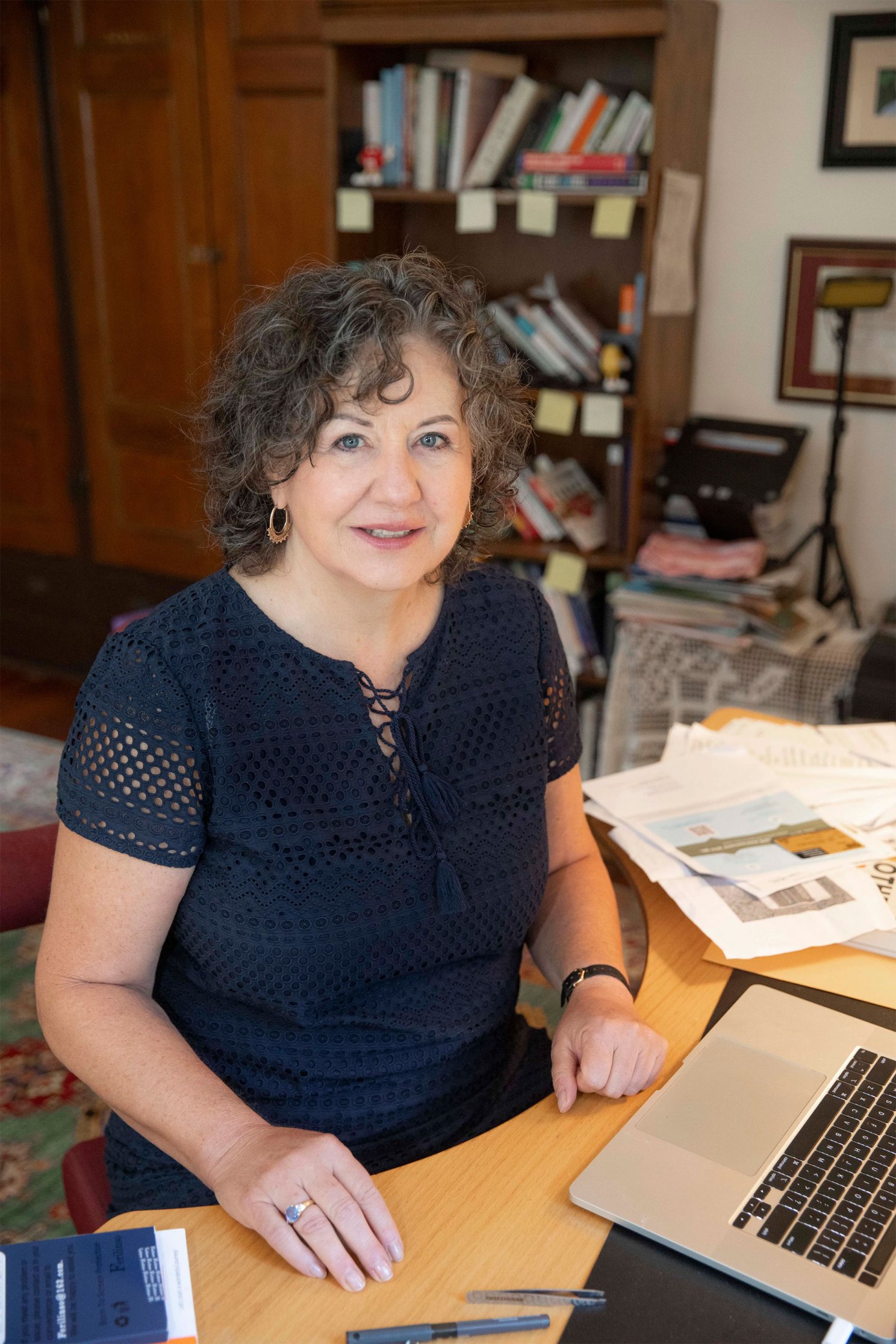
Sociologist Michèle Lamont developed the concept of recognition gaps to account for disparities in worth and cultural membership afforded to different groups within society.
Harvard file photo
3 min read
A new study, published last month in the journal Global Policy, finds rural residents of the European Union feel invisible to the very policymakers charged with representing their interests.
“The paper indicates that a substantial portion of the population in Europe feels a lack of fair treatment and respect from the EU government,” said co-author Massimiliano Mascherini, head of the social policy unit at the European Union’s Eurofound research agency.
But the paper looks beyond the usual economic and demographic explanations for rising discontent in Europe’s rural communities, visible in the wave of farmer protests that swept the Continent this year. The study’s focus on political “recognition gaps” owes to the work of co-author Michèle Lamont, a professor of sociology and African and African American Studies and the Robert I. Goldman Professor of European Studies.
Lamont, author of “Seeing Others: How Recognition Works — And How It Can Heal a Divided World” (2023), developed the concept of recognition gaps to account for disparities in worth and cultural membership afforded to different groups within society. “It’s not only about distribution of resources,” she told the Gazette last year. “It’s also about how people create their identity, how they make sense of their place in the world.”
Her new study with Mascherini and lead author Marie Hyland, a Eurofound economist, draws on a large-scale e-survey gathered by the agency in 2022. The results show those living in rural communities across Europe are far less likely than urban residents to feel that they and their communities are recognized by their governments. Some of the largest urban-rural political recognition gaps were uncovered in Sweden, Denmark, and Germany.
Survey respondents also pointed to the role of policymaking — including environmental regulations set by urban elites that disproportionately impact the agricultural sector — in signaling a community’s value within the political system. “It emphasizes the need for policymakers to acknowledge this recognition gap and implement place-based policies that go beyond mere infrastructure investments, prioritizing the provision of high-quality social services to foster a sense of value and belonging within rural communities,” Mascherini offered.
Mascherini will introduce in 2026 a module on recognition gaps to the influential European Quality of Life Survey (EQLS), a large-scale initiative carried out by Eurofound every four to five years and widely used by governments across the EU to set policy.
Questions asked on trust and social capital in previous EQLS cycles drew upon the work of “Bowling Alone” author Robert Putnam, who now holds the title of Peter and Isabel Malkin Professor of Public Policy, emeritus.
“This is a great example of the broad international impact that Harvard social scientists have on social policy research beyond the U.S.,” Lamont said.








